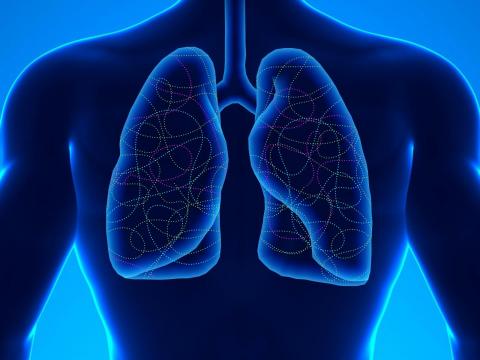Description
The Biomedical Resilience & Readiness in Adverse Operating Environments (BRAVE) Project develop new capabilities to improve health and performance of first responders in adverse operating environments common to national defense. The BRAVE project analyze biological samples, collect physiological data and conduct image and data analytics to discover how complex biological systems respond to chemical exposure, physical stress and other perturbations.
Current Projects
Deep learning for image-based toxicity assessment
Using millions of cell images and advanced high-performance computing, PNNL researchers are developing a new deep learning program that will accurately identify toxic chemicals and how they disrupt biological systems.
Signatures of metabolic dysregulation from sleep cycle disruption
PNNL researchers are combining proteomics and metabolomics, with novel pathway and network analysis tools, to identify biomolecules that control disease causing metabolic disruption in humans when they suffer from sleep cycle disruptions, such as shift work.
Physiological and biochemical markers of physical stress
By analyzing data from physiological monitoring devices and biofluid samples, PNNL researchers will identify biological indicators of stress from the extreme physical training and field experience of firefighters, tactical units, military units, and other first responders.
Research Topics
Related Highlights
Acknowledgments
This research was supported by the LDRD Biomedical Resilience And Readiness in AdVerse Operating Environments (BRAVE) Project Omics analyses were performed at Pacific Northwest National Laboratory (PNNL) in the Environmental Molecular Sciences Laboratory, a national scientific user facility sponsored by the Department of Energy’s (DOE) Office of Biological and Environmental Research located in Richland, WA. PNNL is operated by the Battelle Memorial Institute for the DOE under contract number DE-AC05-76RLO1830.


